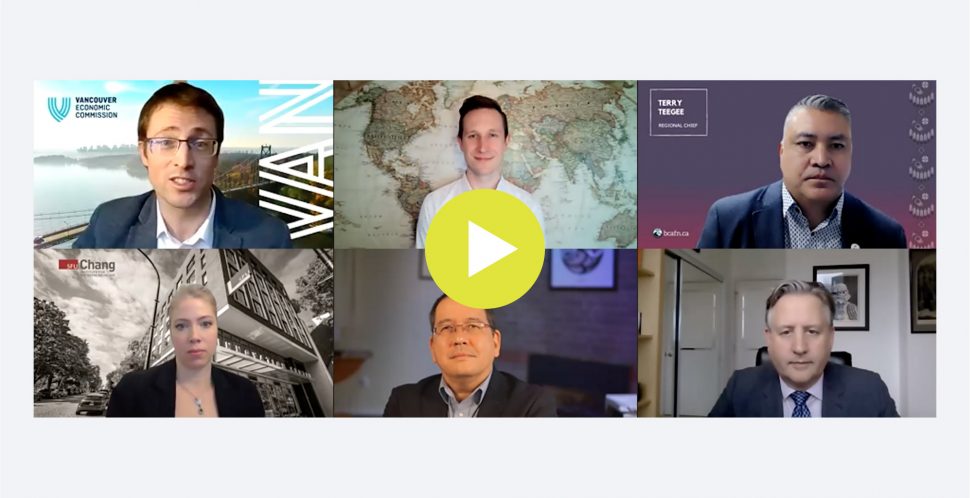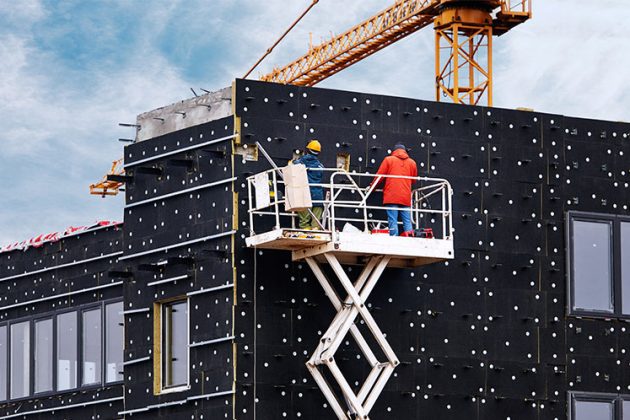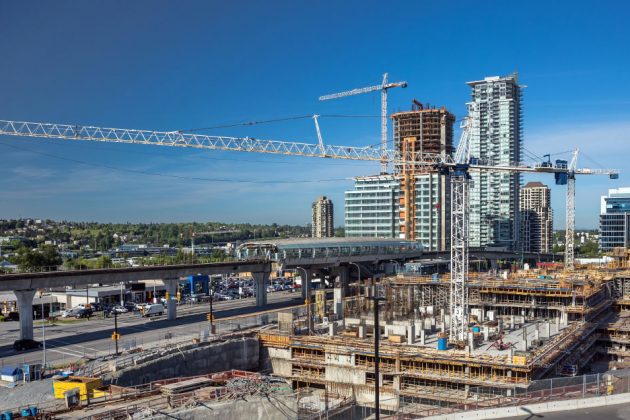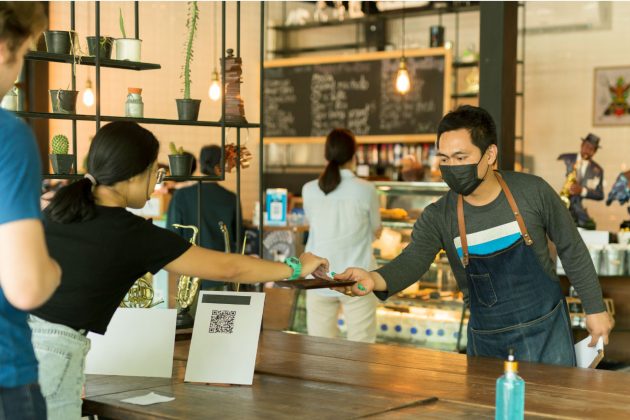In this post
- The policies and ideas we discuss and implement today are the ones shaping our future. We must therefore put energy into envisioning and building towards the future we want.
- Economic reconciliation and integration of Indigenous values into GDP economics are mechanisms that could improve wellbeing for all.
- Entrepreneurship is important, but in very different ways than are normally discussed or considered.
- Vancouver must invest in entrepreneurship, affordable housing, and transformative transportation to build a just, inclusive, and economically resilient future.
On March 5, Vancouver Economic Commission, in partnership with Simon Fraser University’s Beedie School of Business (SFU Beedie), hosted a virtual “Future-proofing Vancouver” panel with local business, civic and Indigenous leaders to explore transformative ideas that ensure Metro Vancouver’s continued economic resilience.
During the 1.5-hour event, panellists – including Regional Chief Terry Teegee of the BC Assembly of First Nations; Mayor Kennedy Stewart of the City of Vancouver; Mark Podlasly, an advisor to the BC Assembly of First Nations; Dr. Sarah Lubik from SFU Beedie; and JR Hammond from the Canadian Advanced Air Mobility Consortium – engaged in collaborative dialogue about social inequalities exacerbated by the global pandemic, enhancing Vancouver’s role as a pioneering world city, reimagining the traditional Gross Domestic Product (GPD) measure to integrate Indigenous values, and envisioning a future of zero-emission transportation that is already being realized.
Watch the webinar
Listen to panelists speak about economic reconciliation, the importance of entrepreneurship, affordable housing, and transformative transportation to build a just, inclusive and resilient future for the region.
In the coming months and years, the new Economic Transformation Lab – launched ahead of the panel – will research these and other seismic trends anticipated to impact Vancouver’s economy, with the goal of developing actionable goals and programs to shape policy advocacy and future-proof the city. For now, these themes are captured in each speaker’s recap below.
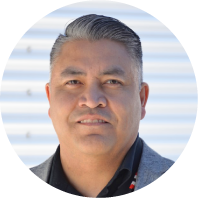
We must prioritize economic reconciliation
Regional Chief Terry Teegee
COVID-19 has devastated economies around the world and amplified chronic issues of social inequality – particularly when it comes to Indigenous peoples. Though we are living in an era of reconciliation – marked by the Government of British Columbia passing the Declaration on the Rights of Indigenous Peoples Act in November 2019 – there is still much work to do.
First, we need to make it a priority to reduce barriers for Indigenous peoples, and other marginalized residents, to participate in the economy. These include shifting the narrative among systemic entities such as government, police and educational facilities, as well as the general public, from negative to positive perceptions of, and relationships with, underrepresented populations.
Economic reconciliation can only be achieved when Indigenous and other minority peoples are able to lend their views and values towards helping to shape community structures and processes. An important step is the recent motion by the City of Vancouver to implement the UN Declaration on the Rights of Indigenous Peoples (UNDRIP), which would unite leaders from the Musqueam, Squamish and Tsleil-Waututh First Nations with City representatives to refine, hone and develop further actions towards reconciliation.

Vancouver is a globalist city
Mayor Kennedy Stewart
Globalist cities could follow or be influenced by international trends – or set them. Vancouver is an innovator city – a city whose ideas and initiatives inspire, and positively impact, regions around the world. Whether instituting policies such as the Climate Emergency Action Plan (CEAP) to halt climate change, collaborating with local First Nations to advance the journey towards reconciliation, or working to overcome BC’s opioid crisis, Vancouver has consistently helped to set the global agenda and chart a course for other jurisdictions to follow.
To future-proof Vancouver, we need to continue to tackle timely issues, such as instituting affordable housing for the local workforce – but there’s a long way to go, when as many as 90 percent of Vancouver’s first responders live outside the city, and stories abound of someone knowing someone who has moved out of the city, or out of the province altogether. However, we can achieve this through working with international and local financiers to build affordable accommodation for workers. Another step in the right direction was the City’s policy to triple the empty homes tax – a measure that has been picked up by other cities – and reinvest a portion of the money into below-market-rate homes. Another positive development is the City’s recent approval of a six-story rental building in the Kitsilano neighbourhood whose $950/month rents will never increase.
In addition to housing, there’s also a need for enhanced connectivity to ensure the downtown core and other employment-dense neighbourhoods are accessible to populations across Metro Vancouver and beyond. The Broadway Subway is one such project that aims to invest in one of North America’s busiest transit thoroughfares. By extending the SkyTrain network to Arbutus Street – and, in the future, all the way to the University of British Columbia (UBC) – the Broadway Subway will dramatically expand people-carrying capacity through the corridor while helping to generate jobs in neighbourhoods that need them.

Reimagine GDP with Indigenous values
Mark Podlasly
Many economists and societies use Gross Domestic Product (GDP) to measure and discuss the economy. The problem is this: the formula was designed in the 1930s and is based entirely on a cash economy. This means if an item cannot be calculated as cash, it doesn’t exist.
However, for Indigenous peoples, cash is only one small part of the wealth equation. Strong values – including safe families, clean air, education, knowledge of culture and history, appreciation for nature and sense of place – are integral to a thriving economy. At no time in recent history has these values become more vital than during the pandemic. Who would celebrate whether BC reports an annual net job growth of five or more percent if its residents cannot go outside or see their families?
Under the current definition, if an item doesn’t have a dollar value, it doesn’t count towards GDP. If this measure of wealth continues unchallenged, we will become a very poor population. Instead, we need to start emphasizing what makes a good life: forests, family, a rich culture… values held by Indigenous peoples, and values that we are all beginning to realize are a much better gauge of a fulfilling and successful society.
Explore further: Centering First Nations Concepts of Wellbeing: Toward a GDP-Alternative Index in British Columbia

The importance of entrepreneurial thinking
Dr. Sarah Lubik
When we think about a thriving and healthy future for Vancouver, we think about innovation, resilience and self-efficacy – all of which are key components of an entrepreneurial mindset. That doesn’t necessarily mean starting a business or inventing a new technology – instead, it’s mindfully seeing challenges, or anticipating future challenges, and setting the groundwork to find solutions and reinvent broken systems. This type of future-facing vision requires the mind of an entrepreneur.
In our society, we invest heavily in research, later-stage incubation and growth-stage companies. But in doing so, we miss a significant component leading up to those groundbreaking ideas and world-changing technologies: investment in the early growth or exploration stages, to determine whether a product or technology is actually needed.
So, we need to nurture and cultivate the mindset that assesses situations, identifies problems and tailors solutions to real-world requirements. Unfortunately, an “entrepreneurial mindset” isn’t a credit you can receive in university. We need that mindset, yet we refuse to incentivize it. To avoid a dystopian future, we need to change this. We need to start investing in people who can help us reimagine our society into one that’s healthy, sustainable and resilient. We need to invest in entrepreneurs.

Zero-emission aviation: transportation for the future
JR Hammond
The next frontier in aviation, Advanced Air Mobility (AAM) facilitates development of airspace above cities and exurban areas to deliver advanced mobility options for residents, businesses, disadvantaged communities, Indigenous peoples and emergency responders (read more in the February 2021 Economy Report). Employing new technologies like lightweight electric motors and advanced composites, AAM’s zero-emission aircraft support safe, green and affordable flight that promises to significantly relieve congestion in heavily populated areas and service areas previously underserved by aviation.
When we consider the future of transportation, we must make room for sustainability – inspiration can be found in several local examples, such as Vancouver International Airport’s 2021 Strategic Plan and TransLink’s Sustainability Policy. We must aim to preserve the blue skies over Vancouver and BC and ensure we don’t replicate our road congestion in the air. The magic of AAM is that, if we start looking up, an entirely new world of possibilities reveals itself. Advanced Air Mobility isn’t exactly like the utopic flying cars in The Jetsons – but it could solve problems for the world we live in.
Lessons learned: future-proofing Vancouver
As the “Future-proofing Vancouver” event demonstrated, there are massive changes underway that will affect our lives, including where and how we live. By building economic resilience now, we can be better prepared for these changes, whether economic reconciliation, transcending GDP, advocating for entrepreneurs, or bringing to life a dramatically different vision of aviation. To do so, we need to emphasize long-term thinking over short-term gains, and forge relationships and communities that will help steer us toward a version of the future we want to live in.
Did you enjoy the Futureproofing Vancouver recap?
- Learn more about the Economic Transformation Lab
- Subscribe to The Lens newsletter
- Read the latest Vancouver Economy Report and subscribe to upcoming issues
- Meet our Futureproofing Vancouver panellists and read their bios
